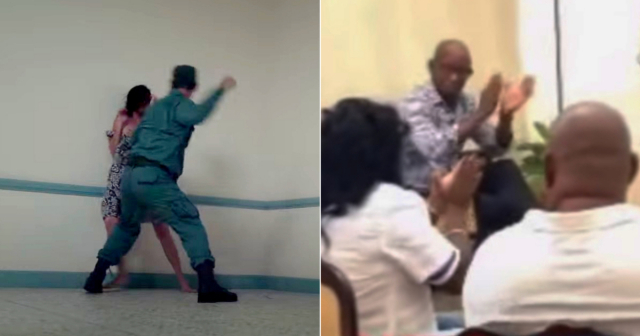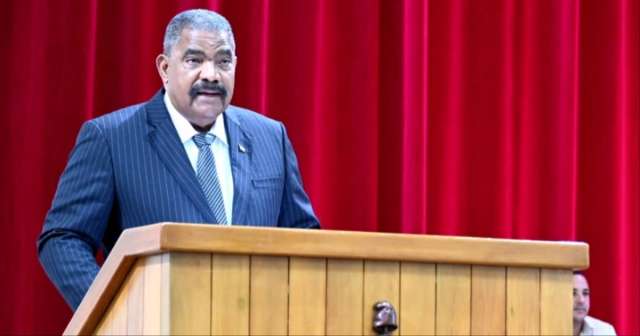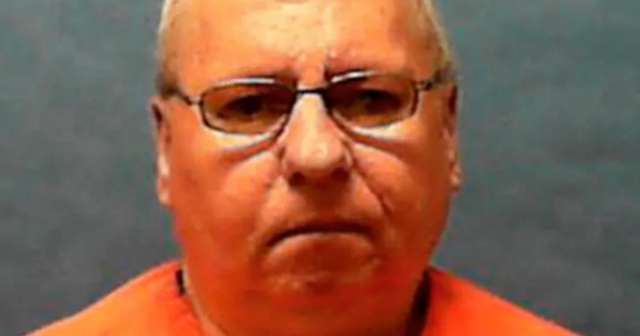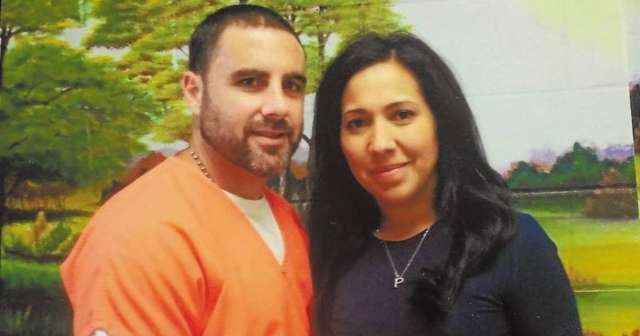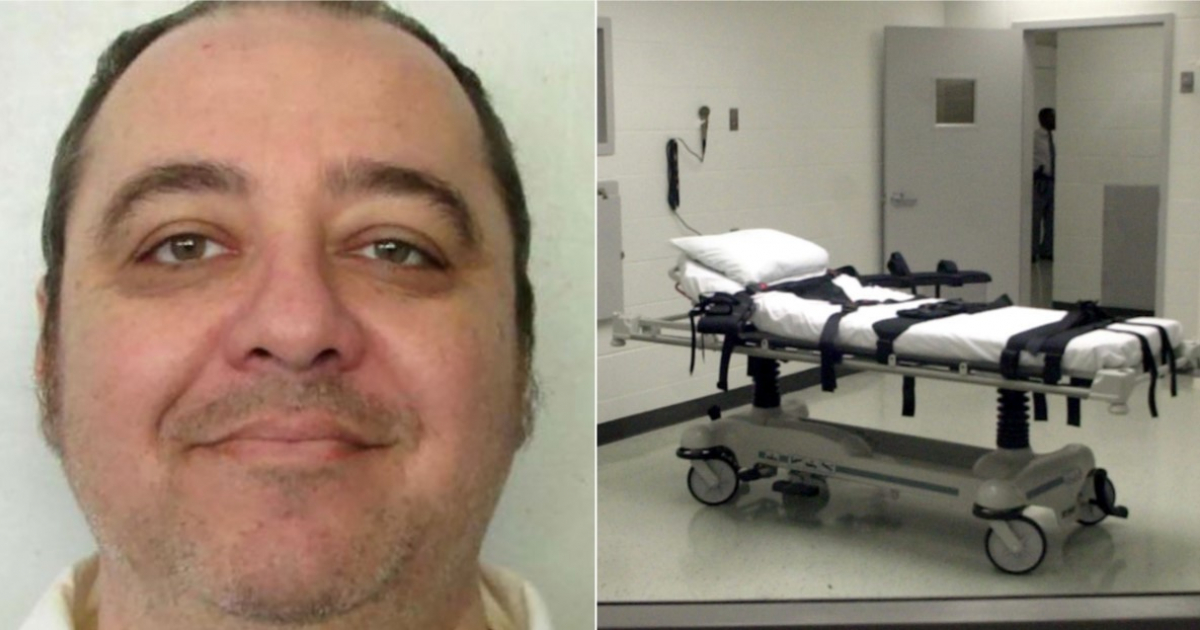
The state of Alabama, in the southern United States, executed the prisoner with nitrogen gas, a method never tried before.Kenneth Eugene Smith, convicted of the contracted murder of a woman in 1988.
The prisoner tried to hold his breath as nitrogen gas flowed through a mask that would starve him of oxygen. The execution began at 7:53 p.m. (0153 GMT Friday) and Smith was pronounced dead at 8:25 p.m. (0225 GMT).
With the mask on Smith said his last words: "Tonight Alabama makes humanity take a step back. Thank you for supporting me. I love you all."
The state claimed that the new protocol was closely monitored and was the "most painless and humane method of execution known to man."
He predicted that Smith would lose consciousness in less than a minute and die shortly afterward.
However, journalists who witnessed the execution reported that, after the gas began to flow, the condemned man writhed for about two minutes and then held labored breathing for several minutes.
The nitrogen gas flowed for about 15 minutes, the news agency said.WHICH.
When the director of the Alabama Department of Corrections, John Hamm, was questioned about this fact in a subsequent press conference, he explained that "the shaking" was "involuntary", but nothing out of the ordinary.
"It seemed like Smith was holding his breath as long as he could," Hamm said. He said he "struggled against the restraints a little bit, but it's an involuntary movement and some agonizing breathing. So that's all to be expected."
The United States Supreme Court rejected the last appeal of the prisoner's defense minutes before the execution by 6 votes to 3, and then the controversial procedure began.
Progressive Justice Sonia Sotomayor, one of three voters who advocated stopping the execution, argued that Alabama chose Smith as a "guinea pig" to test a new execution method.
He explained that Alabama had already attempted to execute Smith in November 2022, but the executioner who was supposed to insert the needle into his intravenous lines could not do so.
As part of a later agreement, the southern state agreed not to try to kill him again with lethal injection.
International organizations such as the Office of the United Nations High Commissioner for Human Rights, Amnesty International, Human Rights Watch and the Community of San Egidio had asked the United States not to allow the execution.
Smith was convicted of the 1988 murder of Elizabeth Sennett, commissioned by her husband, Charles Sennett, who wanted to collect compensation.
However, the husband committed suicide a week after his wife was killed when he learned that the authorities had him as the main suspect in the crime.
Smith's accomplice, John Forrest Parker, was also sentenced to death and executed in 2010 by lethal injection.
Despite the tragedy, Mike Sennett, brother of the deceased, along with his two brothers, expressed in a press conference that they had forgiven the three people involved in Elizabeth's murder and described the execution as a "bittersweet" feeling.
All eyes were on Alabama and its new method of execution, the first developed since lethal injection was introduced in 1982.
Alabama opted for asphyxiation with nitrogen gas due to difficulties in acquiring lethal drugs, as some pharmaceutical companies refuse to supply them for that purpose.
Other states, such as Oklahoma and Mississippi, were awaiting implementation in Alabama to consider introducing the nitrogen asphyxiation method, although they have not yet developed a protocol or built the necessary facilities, he noted.WHICH.
Since the Supreme Court reintroduced the death penalty in 1976, the United States has executed 1,583 prisoners.
Of them, 73 have been executed in Alabama.
What do you think?
SEE COMMENTS (1)Filed in:

